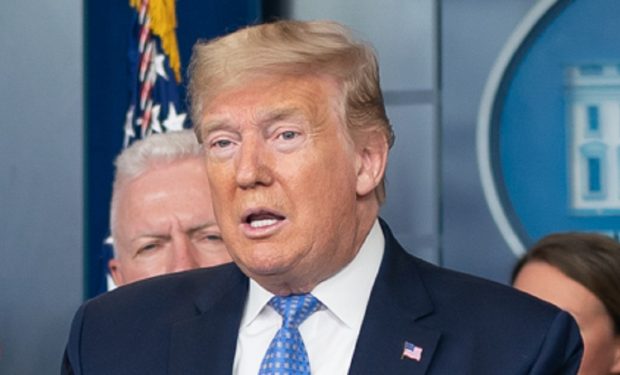Trump Media, trading since late March on the NASDAQ under the ticker DJT, briefly soared to see its stock price reach nearly $80 per share. That rise made headlines and it made former President Donald Trump vastly richer on paper, with his shares briefly worth nearly $4 billion, heady territory for a fledgling operation that booked about $4 million in revenue last year.
Trump, who owns 57% of the company, can’t sell his shares yet, as his parting with stock is restricted by a 6-month lockup. But the company can sell as many shares as the market will bear.
[NOTE: The stock’s initial burst has since given way to some measure of reality for a company whose underlying financials never warranted its market valuation. The share price declined precipitously, off about 60% from its post-launch meme stock euphoria.]
Today the company announced it will sell 21.5 million more shares, raising more money for operations and, to the dismay of some investors, further diluting the value of the current shares by adding another 15% of tradeable Trump securities to the market. Predictably, with more volume, the share price plunged 16% early on Monday, touching the $27 range in early trading.
TalkingPointsMemo founder Josh Marshall portrayed the news as a “full on cash grab” — which is not necessarily a knock, but rather axiomatically the intent of the issuance. (Even if the share price sinks to $25, the sale of 21.5 million shares would raise $537.5 million.)
Full on cash grab here pic.twitter.com/uyREsee4hu
— Josh Marshall (@joshtpm) April 15, 2024
The sale or issuance is the opposite of the trend among large successful companies, which have used their stock value and cash on hand as reason to buy back shares, creating greater scarcity in the market for their securities. The red hot Nvidia commonly buys back shares. Energy giants ExxonMobil and Chevron, Visa, Microsoft, Meta, Google and Apple have all regularly bought back billions of dollars of shares from the markets.
